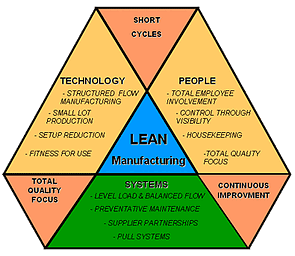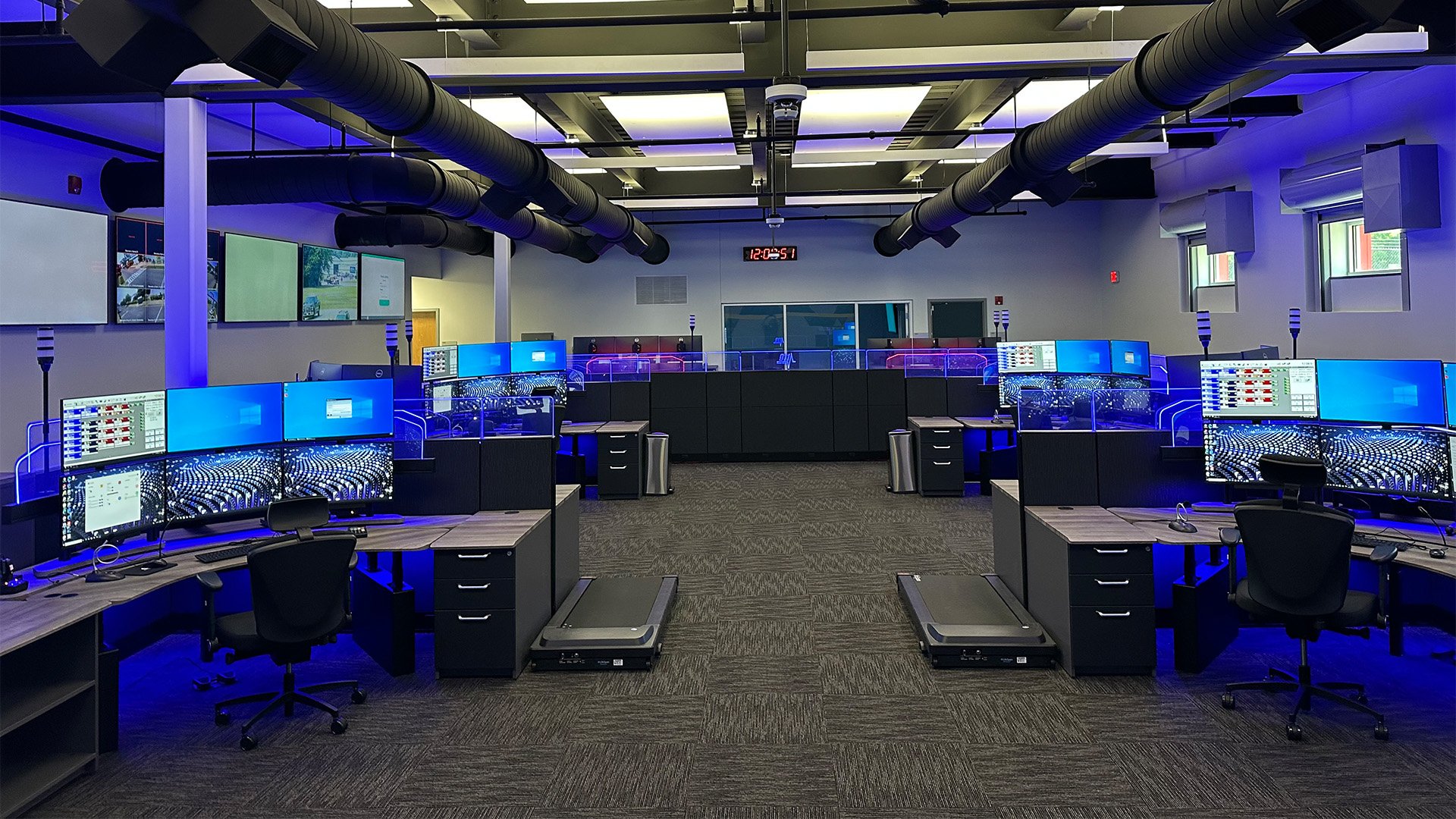 Ralph Waldo Emerson once said that if you build a better mousetrap, the world will beat a path to your door. When it comes to business and innovation, the “better mousetrap” can be a metaphor for any number of things. Quality, price, features, service, and delivery, among others, can all factor into a decision of what to buy, when to buy, or whether to buy at all. To sum it up, for consumers in the 911 industry, purchasing decisions really come down to one thing: value.
Ralph Waldo Emerson once said that if you build a better mousetrap, the world will beat a path to your door. When it comes to business and innovation, the “better mousetrap” can be a metaphor for any number of things. Quality, price, features, service, and delivery, among others, can all factor into a decision of what to buy, when to buy, or whether to buy at all. To sum it up, for consumers in the 911 industry, purchasing decisions really come down to one thing: value.
For a company to deliver value to its customers, it must consider what is known as the "total market offering." In this sense, value can be defined as the relationship of a business's market offerings to those of its competitors. This includes the reputation of the organization, staff representation, product benefits, prices, and technological characteristics.
Value in marketing can be defined by both qualitative and quantitative measures. On the qualitative side, value is the perceived gain composed of individual's emotional, mental and physical condition plus various social, economic, cultural and environmental factors. On the quantitative side, value is the actual gain measured in terms of financial numbers, percentages, and dollars.
To put it simply: Benefit / Cost = Value
For 911 call centers and emergency operations, finding value in the equipment and furniture that will keep dispatchers working at their full potential is critical. Sound manufacturing methods, fastidious engineering, great designs, and solid supply chain partnerships are key to providing the high-stress environment of 911 dispatch with the products needed to meet and exceed today’s rigorous 24/7 work requirements.
THE BENEFITS OF LEAN BUSINESS
How do you know if the dispatch furniture companies you’re researching are able to provide you with the value you desire? One way is to seek out organizations that are lean, responsive, efficient, and capable of providing exceptional service and great products at a reasonable price.
The 5 principles of lean manufacturing include:
- Specify what creates value from the customers’ perspective
- Identify all the steps along the process chain
- Make those processes flow
- Make only what is pulled by the customer
- Strive for perfection by continually removing wastes

Lean manufacturers will stand out from the pack not only in the way they operate, but also in the quality of their products. Look for an organization that boasts quality partnerships with qualified suppliers, an effective supply chain management, nimble operations, conscious and dedicated employees, friendly and responsive service, and great internal systems and controls, in addition to well-designed, ergonomic, and versatile products. Lean companies tend to squeeze out waste by identifying quality issues at the source, enhancing the customer and improving their overall value to users.
- Over production
- Waiting in queue
- Wasted unneeded steps within the process
- Surplus inventory
- Unnecessary movements within or between processes
- Defects caused by poor quality
- Unused expertise
Employees of 911 call centers, dispatch or emergency operations demand reliable, responsible partners that they can count on — and that includes their 911 furniture suppliers. So when you’re looking for an ergonomic solution to the workstations in your center, seek out a lean organization that provides the value (and quality product) your employees deserve.



